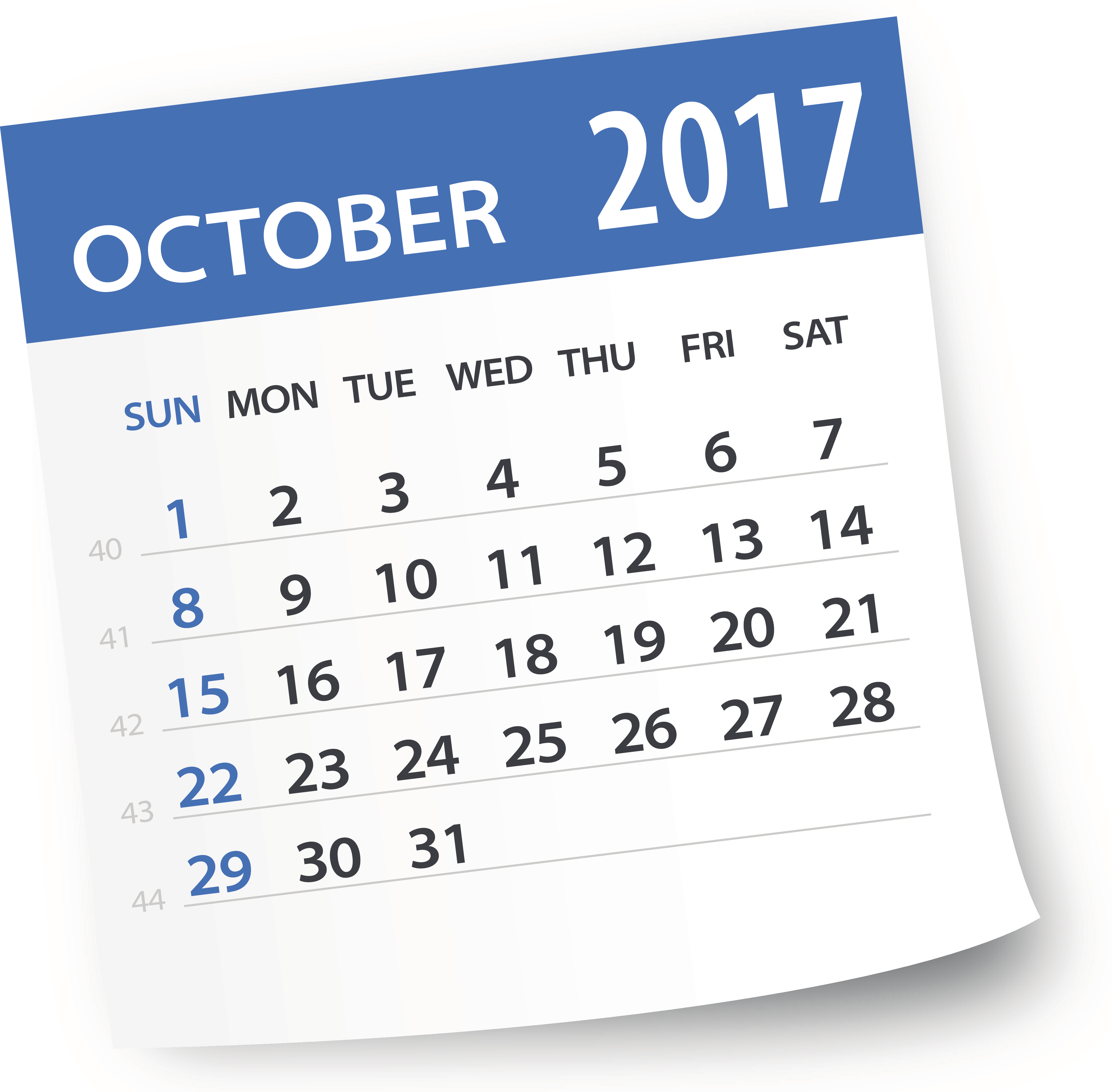
Tailored Label Products, Inc. (TLP) is a manufacturer of custom labels and die cut adhesives located in Menomonee Falls, WI. TLP won a 2014 APSE award for being a visionary employer and leader who carries out the mission of APSE – which in simplest terms is inclusion of people with disabilities in the workplace and community. Mike Erwin, CEO of TLP, agreed to answer a few questions for us about TLP’s award winning mentoring program. Melanie and Kim Cordingly were in Long Beach, CA, the night of the awards dinner to see Mike Erwin and his employee Patrick Young accept the award.
1. What was the APSE award about?
APSE is a national group focused on facilitating and advocating for the optimal employment of those with disabilities. One of our employees has an intellectual disability. This young man has become a well-respected spokesperson for the cause within our state.
2. On the benefits of the mentoring process, you stated that if the employees weren’t mentoring other employees, they would just be working. We love that comment!
A case in point … we allow employees to step up and act as a mentor and advocate for their personal development. We have had the most unlikely folks step up to make certain their fellow employee with a disability is successful in his ever increasing role. Some of our team members use traditional “motherly” skills to lay the groundwork for knowledge in the job. They have the INTUITION to see what will work for the employee at risk.
3. What are the biggest benefits this relationship provides to the mentors?
Our employees take greater personal pride in their workplace…for being allowed to step up and use soft skills that traditionally would not be applied this way in the workplace. They also take pride in the part they played in the individuals’ job/career development. The mentors develop more empathy for others as a result of this exposure.
4. How are mentors chosen? Do they come naturally from work relationships?
The employees have already displayed the passion for helping others. They inherently would be the best trainer in a particular department as well.
5. How did your mentoring program get started?
No plan…it was just thrust upon us. We had the opportunity to do the right thing in our first case with Patrick and it expanded from there.
6. What type of training do the mentors go through?
There is no class for this. We support those who possess on the job “trainer” behavior and exhibit the right kind of empathy skills as well as maturity and tenacity (patience)…all qualities you would want in any employee. We have had formal traditional coaching training for our crew and the mentoring is all part of deploying those skills.
7. Anything else you would like to include?
It is great to see Patrick evolve into “appropriate independence.” He is improving each day in so many ways. We are one of the components in his balanced life. EVERY workplace should have the goal to place at least one person with an intellectual disability in the workforce, or at least provide an opportunity to shadow and expose folks to a potential fit instead of prejudging and avoiding the “risk.” If folks could see the positive outcome in the workplace for stepping up and embracing the hiring of individuals with disabilities, including the soft-side benefits….more organizations would benefit. There is a big gap between wanting to help and easy access to those with the potential to learn and participate in the workplace. The rewards of this effort clearly outweigh any risk!











